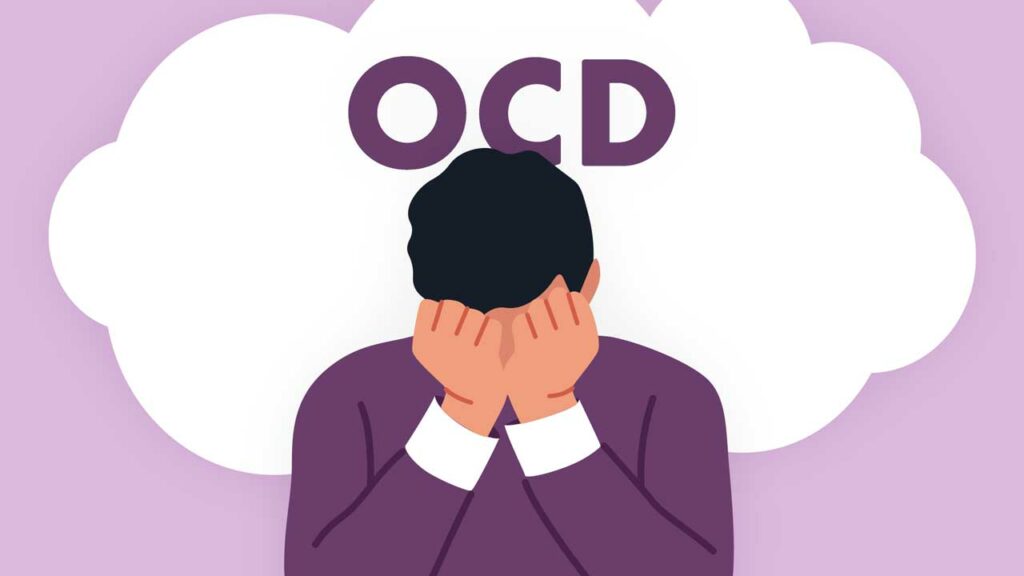Discover how individuals affected by OCD can find relief and improve their quality of life.
Obsessive-Compulsive Disorder (OCD) is a mental health condition that affects millions of people worldwide. It is characterized by persistent, intrusive thoughts (obsessions) and repetitive, ritualistic behaviors (compulsions). This article aims to shed light on the symptoms associated with OCD and explore the effective treatments available for those who struggle with this condition.
Symptoms of OCD
People with OCD often experience distressing and irrational thoughts or fears that can lead to intense anxiety. These obsessive thoughts may revolve around themes such as cleanliness, symmetry, or harm. The individuals may engage in compulsive behaviors to alleviate their anxiety, such as excessive handwashing, checking locks repeatedly, or arranging objects meticulously. The symptoms of OCD can significantly disrupt daily life, leading to impaired functioning and increased stress levels.
Effective Treatments for OCD:
- Cognitive-Behavioral Therapy (CBT)- CBT is a widely recognized therapy for OCD. It focuses on challenging and modifying irrational thoughts and beliefs. Through exposure and response prevention, individuals gradually confront their fears and resist engaging in compulsions. CBT equips individuals with coping mechanisms to manage their obsessions and compulsions effectively.
- Medication: Selective Serotonin Reuptake Inhibitors (SSRIs) are commonly prescribed medications for OCD. These medications help regulate serotonin levels in the brain, reducing anxiety and alleviating symptoms. SSRIs are often used in conjunction with therapy for optimal results.
- Deep Brain Stimulation (DBS): In severe cases of OCD, where other treatments have been unsuccessful, DBS may be considered. This surgical procedure involves implanting electrodes in specific brain regions to modulate abnormal neural activity. DBS has shown promising results in reducing OCD symptoms, but it is typically reserved as a last resort option.
Living with OCD can be challenging, but it is crucial to remember that effective treatments are available. Understanding the symptoms of OCD and seeking appropriate professional help can make a significant difference in managing the condition. Whether through therapy, medication, or alternative interventions, individuals affected by OCD can find relief, regain control over their lives, and improve their overall well-being.

